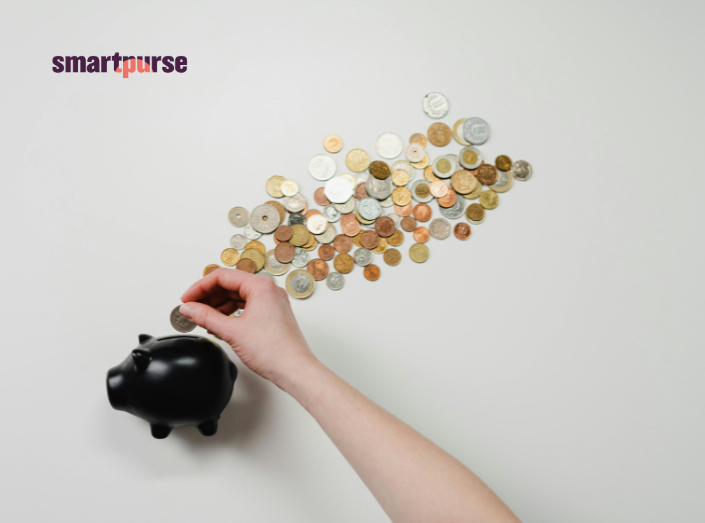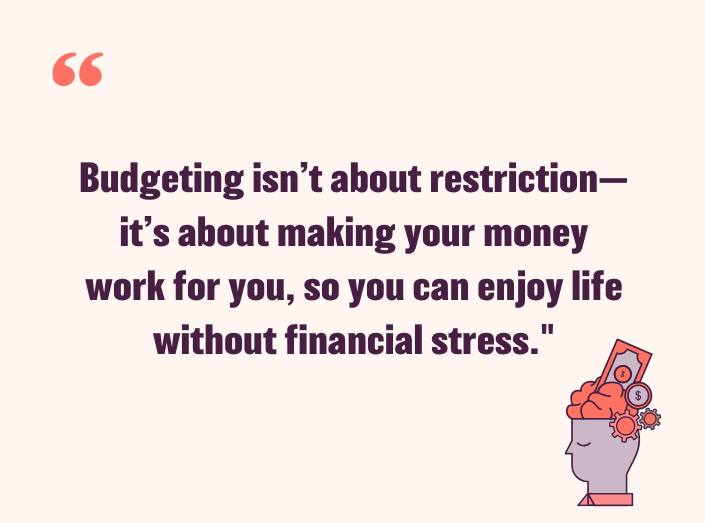Living on a budget isn’t about deprivation—it’s about making smarter financial choices to ensure you always have enough cash for what truly matters. Whether you’re struggling with high-interest debts, saving for an emergency fund, or simply want a better idea of where your hard-earned money goes, budgeting is the key to a stable and stress-free financial lifestyle.
In this guide, we’ll explore practical tips to help you save money, reduce spending, and take control of your bank account.

Aligning Investments with Personal Values
Ever wondered how your investment strategy could reflect your values? I had this moment of clarity when I realized my portfolio included stocks from a company infamous for high greenhouse gas emissions. That didn’t sit well with me, so I pivoted to sustainable investing strategies.
Your Ethical Choices:
Avoiding fossil fuels and opting for sustainable companies like renewable energy pioneers wasn’t just about feeling good; it was smart. Think about mutual funds that exclude certain sectors, like tobacco or weapons.
These funds are designed for ethical investors who want to make a positive impact without compromising financial goals.
Supporting sustainable investments that champion environmental and social ethics isn’t just ethical; it’s powerful. By aligning your financial goals with companies prioritizing waste management or human rights, you’re creating change. And there’s something deeply rewarding about investing in businesses driving a better future.
Create a Realistic Budget That Works for You
A tight budget doesn’t mean giving up fun; it means spending wisely. The envelope system can help you allocate cash for different expenses such as rent, food, and entertainment, preventing overspending.
Begin by categorizing your spending into essentials like bills, council tax, and mortgage payments. Allocate funds for savings and unexpected costs, and be realistic about discretionary spending. A well-planned budget ensures that you don’t run out of money before the end of the month.
Track Your Spending and Adjust Where Needed
If you don’t track where your money goes, it’s easy to overspend. Keeping a close eye on your bank account and monitoring expenses helps you stay on course with your financial goals.
Regularly reviewing your bank balance can help identify unnecessary spending. Cutting back on impulse buys and setting up alerts for pay bills and credit card payments ensures you avoid late fees and unnecessary charges.

Build an Emergency Fund for Unexpected Expenses
Life is unpredictable, and an emergency fund can help you cover unexpected expenses like car repairs, medical bills, or job loss without relying on credit card companies.
Start by saving a small amount and gradually increase it to cover at least three to six months of expenses. Automating transfers into a separate savings account makes it easier to build your fund while reducing the temptation to spend it.
Cut Down on Monthly Bills and Subscriptions
Reducing bills frees up extra cash for savings. Reviewing your mobile phone plan, canceling unused subscriptions like a gym membership, and negotiating better rates can lower your overall costs.
Look for deals on utilities, downgrade unnecessary services, and consider switching providers for better rates. Taking these small steps will help you save more each month.

Shop Smart and Buy Second-Hand
Opting for pre-owned items is a smart way to reduce costs on household items, clothing, and furniture while staying within your budget.
Using a shopping list can prevent impulse purchases, while comparing prices ensures you get the best deals. Consider thrift stores, online marketplaces, or community swap groups to find quality items at lower prices.
Meal Planning: Save Money on Food
Food is a major expense, but planning meals ahead of time can significantly cut costs. A well-organized shopping list will help you avoid unnecessary spending and reduce food waste.
Cooking in batches and freezing meals saves time and prevents the temptation to order takeout. Using leftovers creatively also helps stretch your food budget further.

Take Advantage of Free Activities and Resources
Entertainment doesn’t have to cost a huge amount. There are plenty of free activities that provide enjoyment without straining your expenses.
Consider going for hikes, attending community events, or borrowing books and movies from the library. Spending quality time with loved ones doesn’t have to be expensive.
Switch to Cash to Control Your Spending
Using cash instead of cards makes spending more tangible. The envelope system can help you stay within budget by setting aside money for different categories.
When using cash, you become more mindful of each transaction. Once your allocated money runs out, you know it’s time to stop spending. This method is a powerful way to maintain control over your finances.
Increase Your Income with a Part-Time Job or Side Hustle
If your monthly income isn’t enough to cover expenses, finding a part-time job or selling unused household items can provide extra money.
Freelancing, tutoring, or monetizing a hobby can supplement your earnings. Selling pre-owned clothes, furniture, or gadgets can also provide extra cash and improve your financial situation.
Pay Off Debt Strategically
High-interest debts from credit card companies can drain your finances, so it’s important to tackle them efficiently. Prioritizing the highest interest debt while making minimum payments on others can help you pay them off faster.
Consider balance transfers or negotiating lower rates to reduce costs. Paying more than the minimum each month can also shorten your repayment period and save you money in the long run.

Save for Big Purchases Instead of Relying on Credit
Instead of using a credit card for big expenses, save up gradually in a dedicated savings account. This prevents debt accumulation and allows you to make purchases without financial strain.
By planning ahead, you can take advantage of discounts and avoid impulse buying. Giving yourself time before making a large purchase ensures you truly need it.
Reward Yourself Without Breaking the Budget
Following a budget doesn’t mean you have to miss out on enjoyment. Allowing yourself small rewards helps maintain motivation while working toward long-term financial stability.
Rather than splurging on expensive treats, opt for budget-friendly alternatives. Whether it’s a homemade special dinner or a nature outing, there are countless ways to enjoy yourself without overspending.
The Path to Financial Freedom
Mastering how to live on a budget is a journey that requires discipline and smart decision-making. By making intentional choices, reducing non-essential spending, and setting clear financial goals, you can achieve financial freedom while still enjoying your daily experiences.
Budgeting isn’t about struggling—it’s about taking control of your money, ensuring you have enough cash, and making room for the things that truly matter. Start implementing these money-saving strategies today and watch your bank balance grow while securing your financial situation for the future!
Discover more
-
9 Features Every Financial Planning App Needs [Your Ultimate Guide]
Discover must-have features in financial planning apps, from budgeting tools to AI insights, that simplify money management and he... -
5 secrets to live a secure financial life
Whatever life throws at you - get prepared to have your finances under control. A good financial plan can help you prepare for all...

